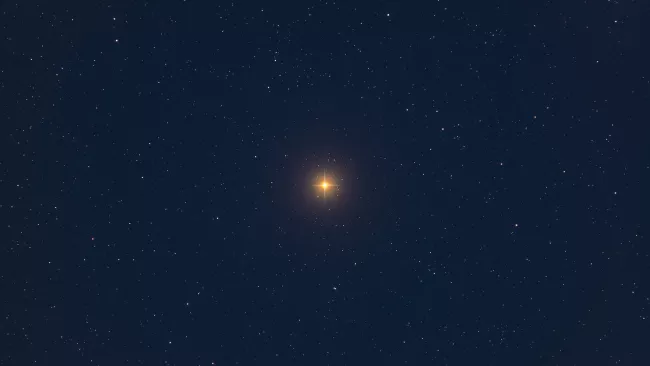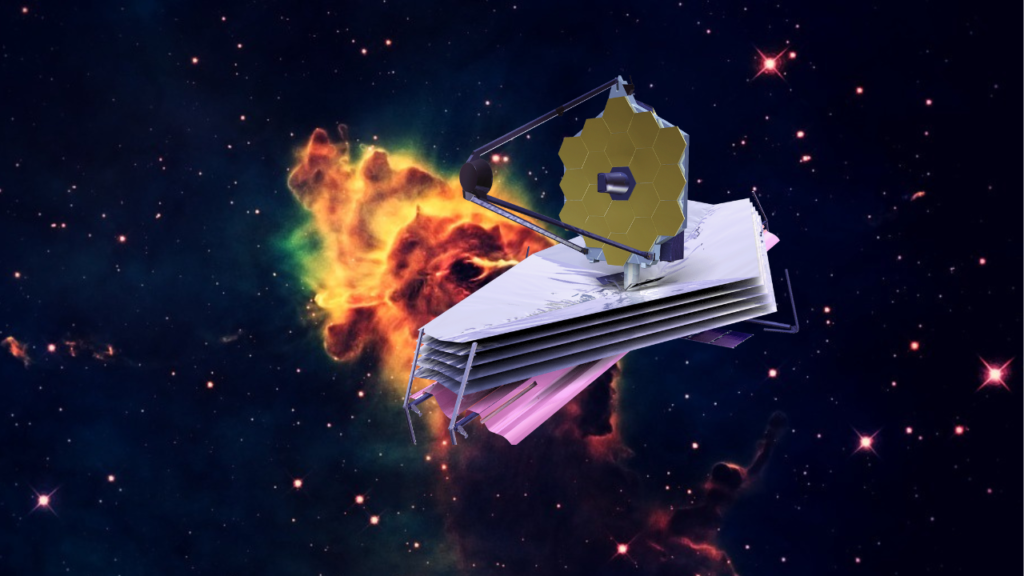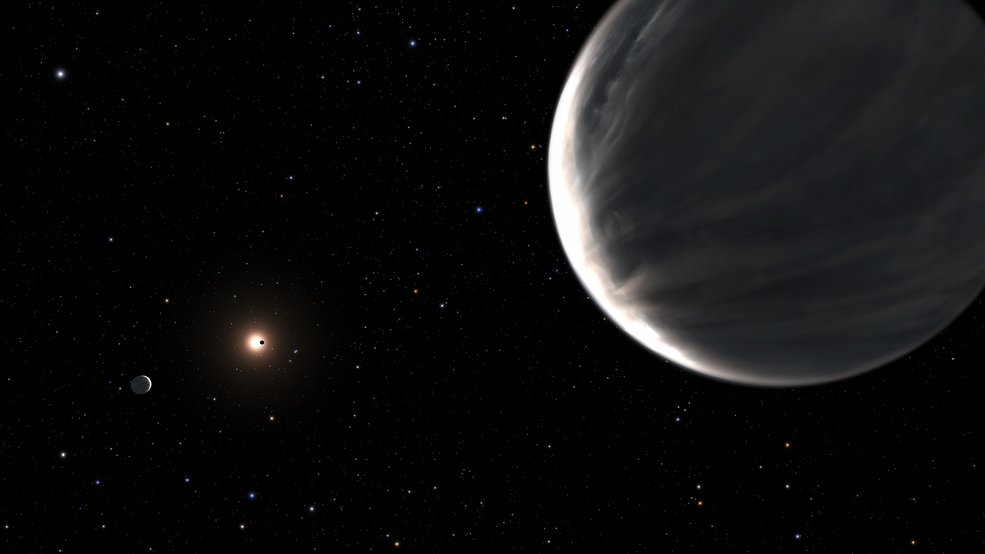There is going to be a big explosion in the universe, Betelgeuse will become a blackhole
There is going to be a huge explosion in the sky in the near future. This explosion will be so huge that the world will be able to see this event. Never before has such a huge incident happened in front of our eyes.
This explosion is going to happen in a massive star, which has reached the last stage of its life. The name of this star is Betelgeuse. These days, turning into red color, a unique glow is seen spreading in the sky.
The eyes of the scientists who keep abreast of the stars are fixed on this star every moment. It can explode anytime and can be seen as a tremendous explosion. Scientists have announced that its life is hardly a hundred years left and in the meanwhile it can end anytime. The news of his death has created a stir in the internet as well. It is being claimed that the brightest star in the sky has been formed. This constellation is present to the left of Orion. Which can be easily identified. This star is also known as Alpha Orionis. There will be a tremendous explosion in this star while dying. After that its core will turn into a black hole. The explosion in this will also be of terrible speed, which will destroy its outer layers at a speed of 40,000 kilometers per second. Scientists are naming this explosion as Fierce Destruction Supernova Explosion. Its explosion may be very dangerous, but it will be very exciting to see from the earth. This star is present only 650 light years away from the Earth. After the explosion, it will look like a full moon. Which can be seen from the earth for many weeks.
No danger to our solar system
Astronomers say that due to Betelgeuse being far away from us, there can be no threat to our solar system or the Earth from this explosion. if it were close to us
The scorching gas in its outer atmosphere would have reached so far that Jupiter could also engulf the planet. Scientists from Paris Observatory’s Astrophysics Space Studies and Instrumentation Laboratory, Very Large Telescope in Chile and Tohoku University in Japan have done research on Betelgeuse.
Source and photo: Earth Sky



